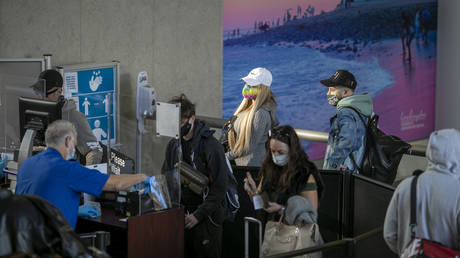Kleptocracy in Budapest

Today in the NYR Online, Jan-Werner Müller—who since 2015 has been covering the rise of Hungary’s autocratic prime minister, Viktor Órban, for the Review—considers “Orbán’s campaign to be a leader of pan-continental importance.” Under the banner of a self-styled “Christian Democracy,” he has attempted to export his method of dictatorial control: “Don’t waste time on culture wars, instead capture state institutions.” And while he hasn’t had much success within the EU, “Orbán’s investments have yielded higher returns across the Atlantic. American far-right intellectuals now regularly make the pilgrimage to Budapest.”
Below, alongside Müller’s essay, we have compiled a selection of writing from the archives about Hungary.
Jan-Werner Müller
‘Make Europe Great Again’
Viktor Orbán’s program has found less support among European politicians than it has among far-right ideologues in the United States, who consider his regime a model for a second Trump administration.
Kate Maltby
Viktor Orbán’s Masterplan to Make Hungary Greater Again
What Viktor Orbán may not say himself while conducting international diplomacy, he tolerates in his outriders. Nationalist calls for a return to “Greater Hungary” are here to stay.
—June 3, 2020
Deborah Eisenberg
A Blinding Need for Each Other
“Magda Szabó’s The Door, first published in 1987 in Hungarian, is unmistakably a work of fiction, with fiction’s allusive and ambiguous purposes and effects, but it is narrated in the first person by a writer and composed—perhaps almost entirely—of frankly autobiographical recollections.”
—April 7, 2016
Malise Ruthven and Nick Thorpe
On Today’s Refugee Road
“From here we can see the sparkling fence built by Hungary as it marches across vast acres of newly harvested fields of corn. We make our way toward the fence—a formidable ten-foot-high structure with double coils of razor wire affixed to metal posts sunk deep in the ground—and follow it for half a mile or more in the direction of a ruined farmhouse surrounded by bushes.”
—November 24, 2016
George Soros
My Philanthropy
“The formative experience of my life was the German occupation of Hungary in 1944. I was Jewish and not yet fourteen years old. I could have easily perished in the Holocaust or suffered lasting psychological damage had it not been for my father, who understood the dangers and coped with them better than most others.”
—June 23, 2011
Timothy Garton Ash
The Hungarian Lesson
“As most Hungarian writers are expert at judging what their editors will tolerate, so the top political leadership must be adept at judging just how much the Russians will tolerate. Rulers and ruled are united in self-censorship.”
—December 5, 1985
Save $168 on an inspiring pairing!
Get both The New York Review and The Paris Review at one low price.
Politics Literature Arts Ideas
You are receiving this message because you signed up
for e-mail newsletters from The New York Review.
Update your address or preferences
View this newsletter online
The New York Review of Books
207 East 32nd Street, New York, NY 10016-6305



